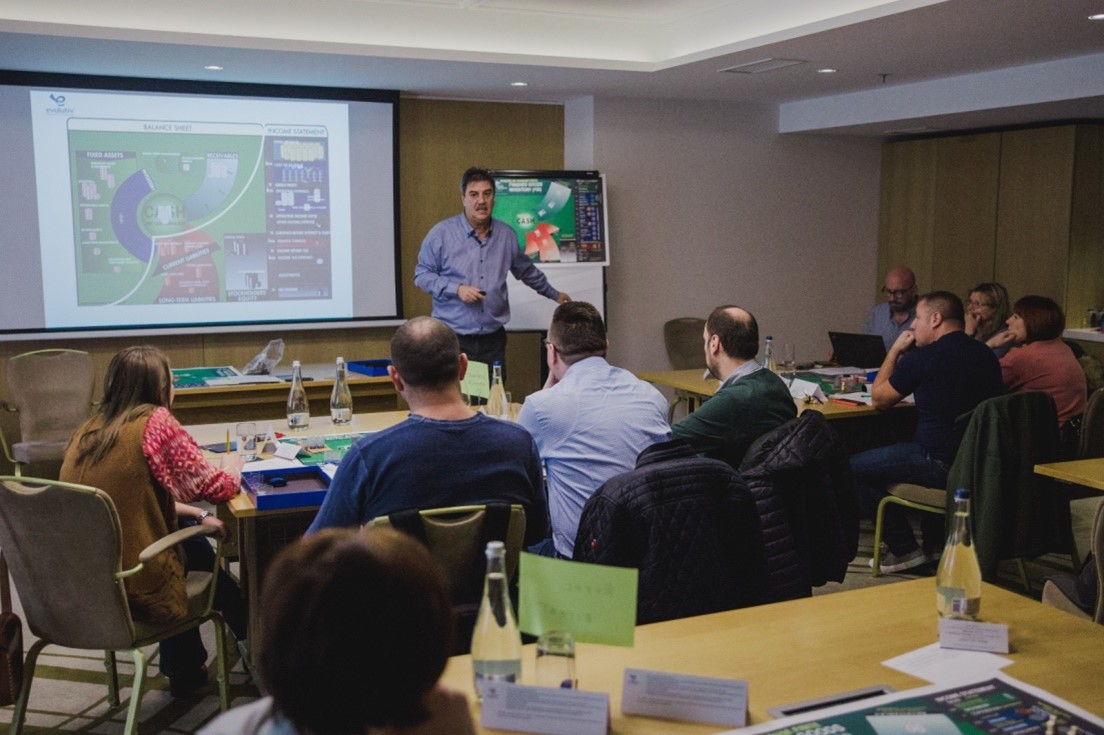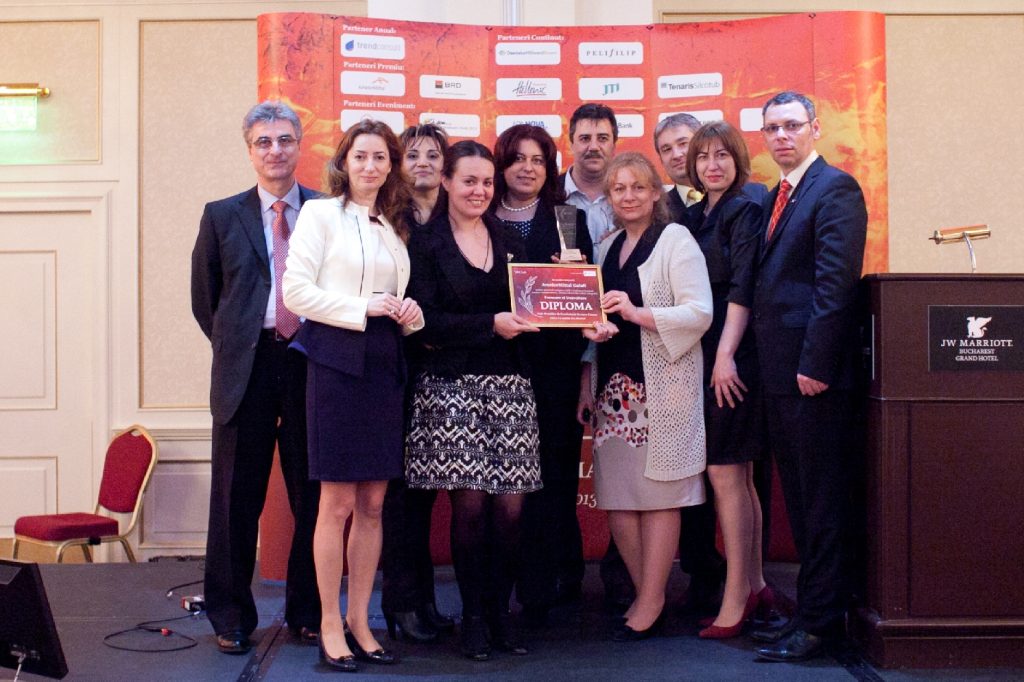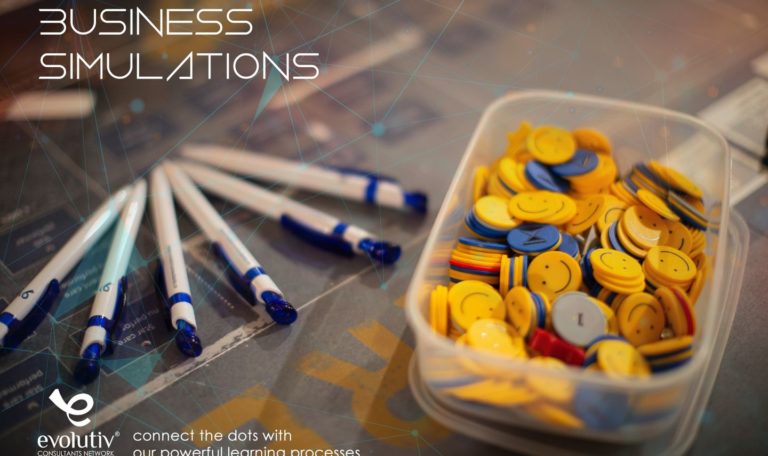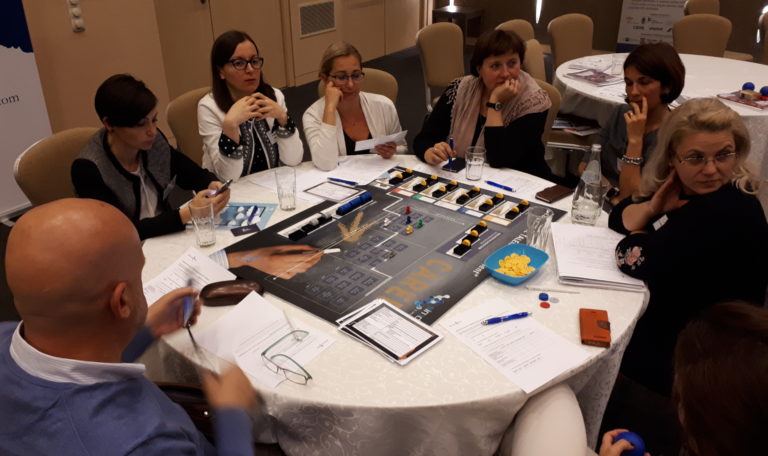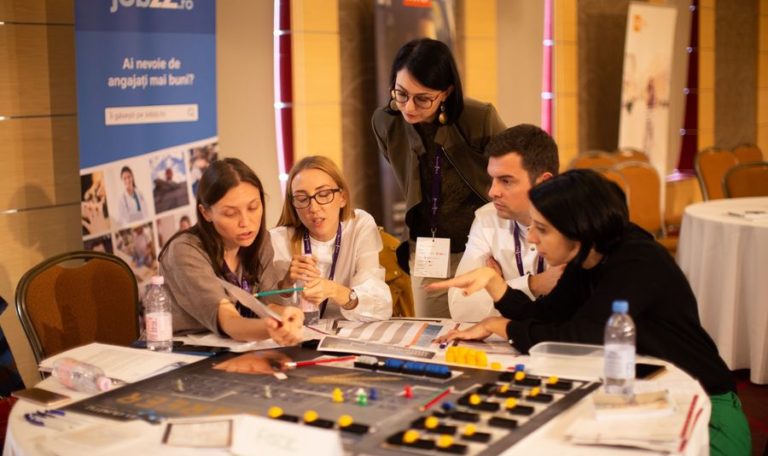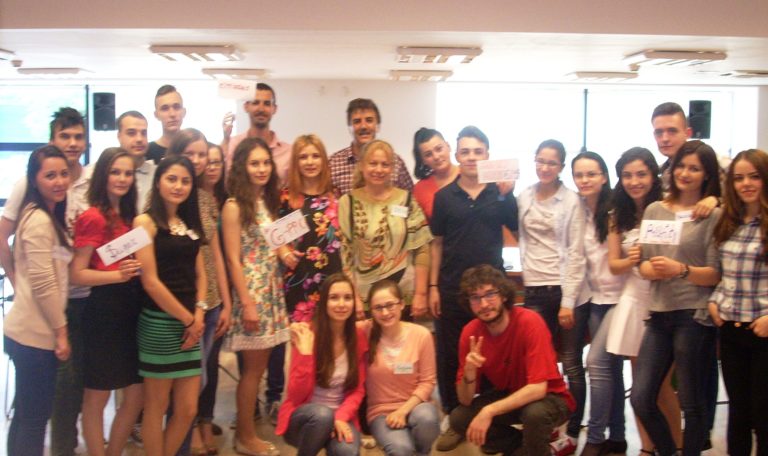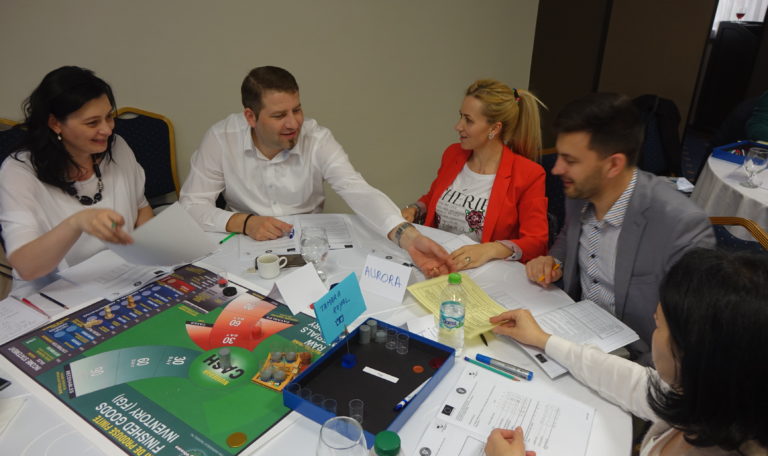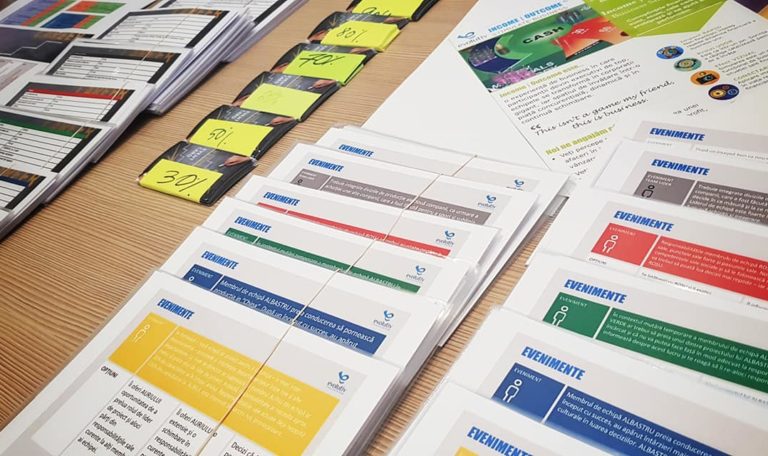Author: Gogu Ștefănescu
Instead of playing childish games, business simulations suggest we play seriously as an entrepreneur, as a general manager, as a financial manager, as a human resources manager etc. Depending on the theme of the simulation, the participants are preparing, through the game, for “maturity” (business simulations = premium tools in training).
Playing constitutes the most natural way to learn in the early stages of life. The child, when playing, learns by preparing for maturity, thus laying the foundations for the adult he will become.
The need for play, however, remains latent for the adult and can become apparent when we have freed ourselves from the imperative of meeting basic biological requirements. For humans, the period in which we prepare to ”leave the nest” is longer (at least nowadays) than in all other beings. As a result, the humans are also the beneficiaries of a long respite for the game, a period that cannot fail to leave traces. Sometimes even through the nostalgia of remembering the “child in us.”
When ”the game” has a theme that, at a certain stage of life, we consider important and cherished, it becomes exciting and we get serious about it. So, the question is: how can a professional learn by playing, without facing the risk of financial losses? The answer is simple: through business simulations.
However, the game is not the same thing as playing. The very action of playing is born of an improvised convention and has no clear beginning, nor end: it is triggered whenever we are willing to take something “for fun” and it is as long as the ad-hoc convention lasts. On the other hand, the game has some components that differentiate it from any kind of play: it has its own space, delimited rules of interaction and evaluation, specific artifacts and a purpose. The starting point, as well as the end are clearly defined.
Business simulations are models of a real environment. They create an ecosystem where participants learn in a safe but rules-based context, in an interactive environment where they can immediately see the impact and consequences of the decisions they made. Their effectiveness is given by fusioning the elements of the game in an actual story in which the participants are invited to become heroes. We’re talking about challenges, competition, creativity, taking on roles, intrinsic and extrinsic motivation, clear objectives and satisfaction of their personal and professional fulfillment.
The main advantages of business simulations, which I recommend as premium tools, are:
- Secure environment. The activity takes place in a safe environment where real decisions can be experienced, without fear of irreparable mistakes. This is where you can try what-if scenarios and learn from your mistakes.
- Specific, real-time feedback. All behaviors and decisions have a direct and rapid reflection on the consequences. The results are visible in changing the configuration of the simulation board and the artifacts. Management processes are transparent and can be analyzed and improved immediately.
- Accelerated learning. The stimulation of all senses and the interactive process transform the simulations into complex and unique learning experiences. Abstract notions are represented in physical elements and this facilitates a better internalization of all concepts.
- Entrepreneurial and intrapreneurial skills development. Participants practice their entrepreneurial, managerial and leadership skills and competencies in a competitive market. The key words are: team work, empathy and responsibility.
Let’s not let “Long Life Learning” become a cliché! Let’s mature a little and, by playing, become adults who do business rigorously.
gheorghe.stefanescu@evolutivconsultants.ro

